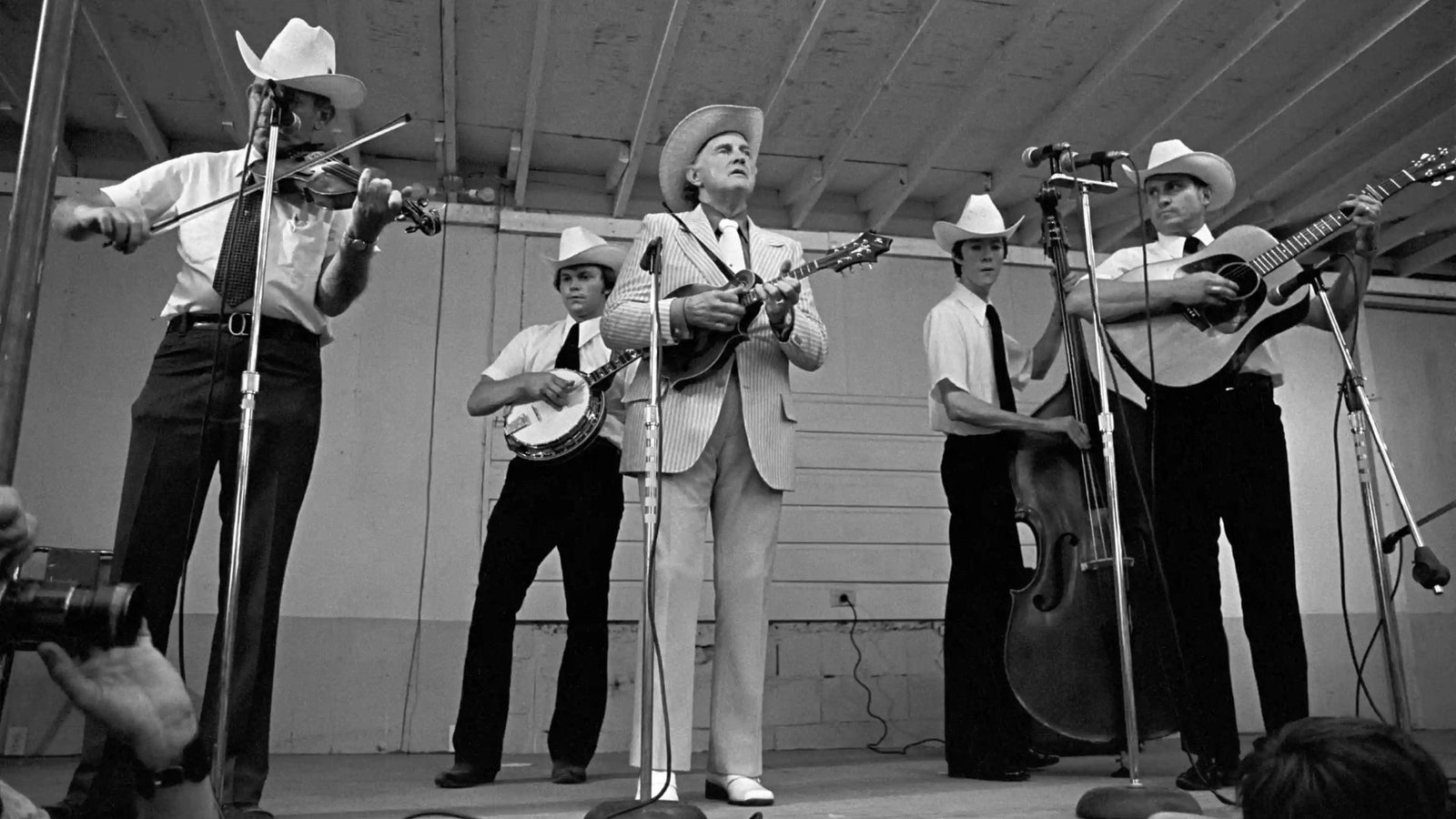|
Getting your Trinity Audio player ready...
|
Country music holds a special place in the hearts of millions, captivating listeners with its heartfelt lyrics, twangy melodies, and storytelling prowess. But where did this beloved genre originate, and how did it evolve into the powerhouse it is today? In this comprehensive guide, we’ll take a journey back in time to uncover the fascinating origins of country music, tracing its roots from humble beginnings to worldwide acclaim.

The Origins of Country Music
The Birthplace of Country Music
To understand the origins of country music, we must first look at the rugged hills and valleys of the Appalachian Mountains. In the late 19th and early 20th centuries, settlers from Scotland, Ireland, and England brought with them a rich musical heritage, blending their traditional folk songs with the sounds of their new home. These early pioneers sang of life’s trials and tribulations, love and loss, and the simple joys of rural living, laying the groundwork for what would later become known as country music.
The Carter Family and the Bristol Sessions
One of the seminal moments in the history of country music occurred in 1927, with the recording sessions known as the Bristol Sessions. Organized by talent scout Ralph Peer, these sessions brought together a diverse array of musicians from the Appalachian region, including the Carter Family and Jimmie Rodgers. The Carter Family, comprised of A.P. Carter, his wife Sara, and her cousin Maybelle, introduced the world to their signature harmonies and poignant storytelling, with songs like “Wildwood Flower” and “Will the Circle Be Unbroken” becoming instant classics. Meanwhile, Jimmie Rodgers, known as the “Father of Country Music,” infused his recordings with a distinctive blend of blues, jazz, and folk influences, pioneering the genre’s signature “blue yodel” sound.
The Grand Ole Opry
As country music continued to gain popularity throughout the 20th century, Nashville, Tennessee emerged as its epicentre, thanks in large part to the success of the Grand Ole Opry. Founded in 1925 as a radio show showcasing “hillbilly” music, the Grand Ole Opry became synonymous with country music, hosting performances by legendary artists such as Hank Williams, Patsy Cline, and Johnny Cash. With its live broadcasts reaching millions of listeners across the country, the Grand Ole Opry played a pivotal role in popularizing country music and elevating it to a national stage.
Modernizing Country Music
In the 1950s and ’60s, country music transformed with the emergence of the Nashville Sound. Spearheaded by producers like Chet Atkins and Owen Bradley, the Nashville Sound sought to modernize the genre by incorporating elements of pop and rock music, such as lush orchestration and polished production techniques. Artists like Patsy Cline, Jim Reeves, and Eddy Arnold epitomized this new sound, earning crossover success on the pop charts while still maintaining their country roots.
Outlaw Country and the Bakersfield Sound
While the Nashville Sound dominated the airwaves, a rebellious spirit was brewing on the fringes of the country music scene. In the 1960s and ’70s, artists like Willie Nelson, Waylon Jennings, and Merle Haggard rejected the slick production and commercialism of the Nashville establishment, opting instead for a raw and gritty sound that came to be known as outlaw country. Meanwhile, on the West Coast, artists like Buck Owens and Merle Haggard pioneered the Bakersfield Sound, characterized by its twangy guitars, driving rhythms, and honky-tonk sensibility. Together, these movements challenged the status quo and paved the way for a new generation of country rebels.
Contemporary Country Music
Today, country music continues to evolve and thrive, with artists pushing the boundaries of the genre while still honouring its rich traditions. From the heartfelt storytelling of artists like Miranda Lambert and Chris Stapleton to the genre-blurring experimentation of acts like Kacey Musgraves and Lil Nas X, country music remains as vibrant and diverse as ever. Whether you’re a fan of classic honky-tonk tunes or modern pop-infused anthems, there’s something for everyone in the ever-expanding world of country music.
Conclusion
In conclusion, the origins of country music are as diverse and multifaceted as the genre itself. From its humble beginnings in the folk traditions of Appalachia to its modern-day evolution into a global phenomenon, country music has always been a reflection of the people and places that inspire it. As we continue to celebrate its rich history and embrace its future, one thing remains clear: country music will always hold a special place in the hearts of listeners around the world.
